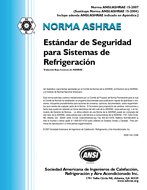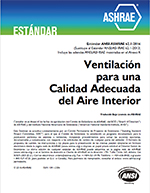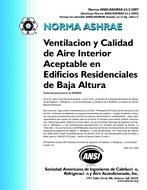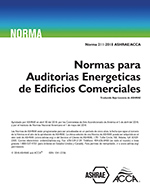Description
In this work, a dynamic model of a low-temperature refrigeration system with active thermal energy storage is presented. The phase-change process of the TES is modeled using the enthalpy method, and is integrated into an existing vapor compression system model utilizing a moving boundary, lumped parameter approach for the two-phase heat transfer processes. The system model is developed and implemented in a modular MATLAB/Simulink framework. The vapor compression system consists of a compressor, condenser, expansion valve, flow control valve, and evaporator. An active TES differs from a traditional passive system, in that the state-of-charge of the TES is actively managed during the system operation. When excess cooling capacity is available, the system charges the TES (i.e., solidifies the phase change material). When the main refrigeration system is disabled, the TES will provide the cold reservoir to condition the temperature-controlled environment. The simulation study found that performance of the refrigeration system can be improved to provide longer system shutdown periods and higher utilization of the system cooling capacity during compressor operation, resulting in better system efficiency. Performance of the overall system is directly related to the thermodynamic and transport properties of the phase change material within the TES.
Citation: ASHRAE Papers CD: 2014 ASHRAE Winter Conference, New York, NY
Product Details
- Published:
- 2014
- Number of Pages:
- 8
- File Size:
- 1 file , 2.4 MB
- Product Code(s):
- D-NY-14-C044




